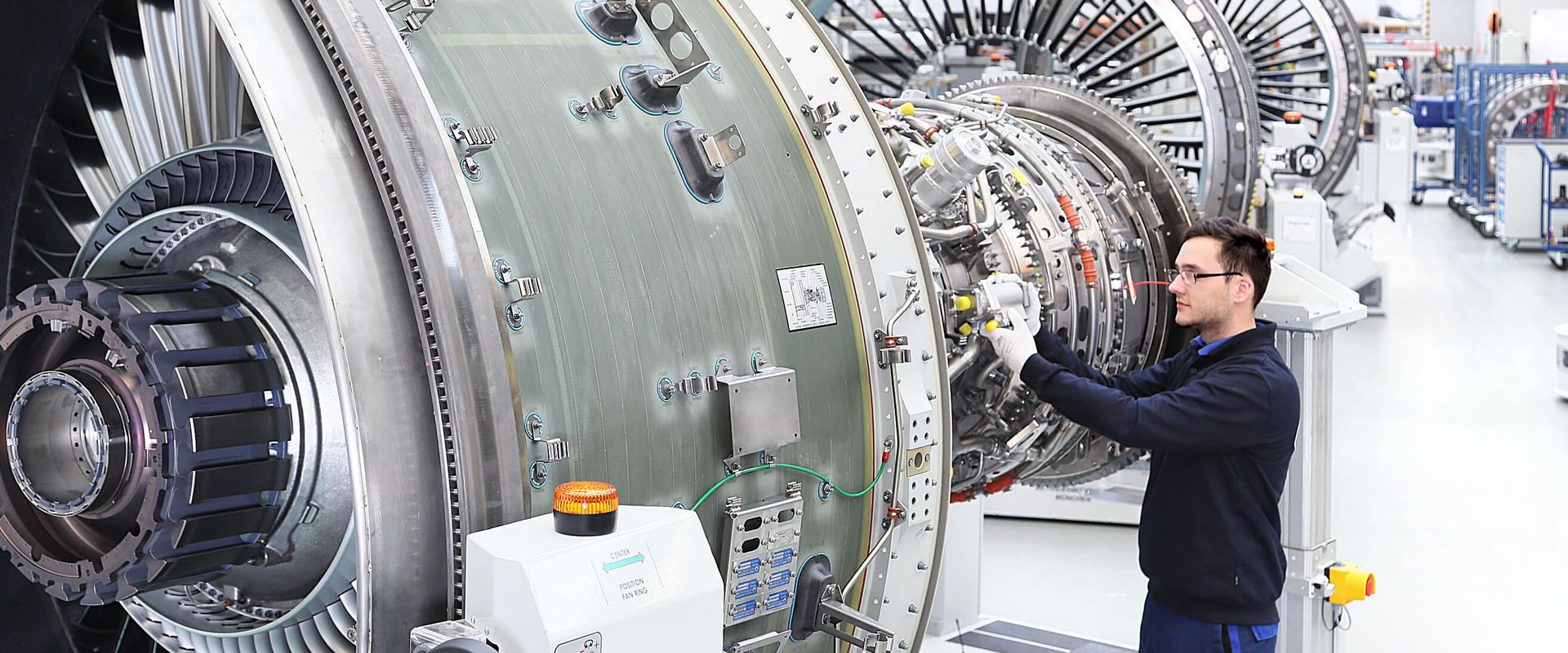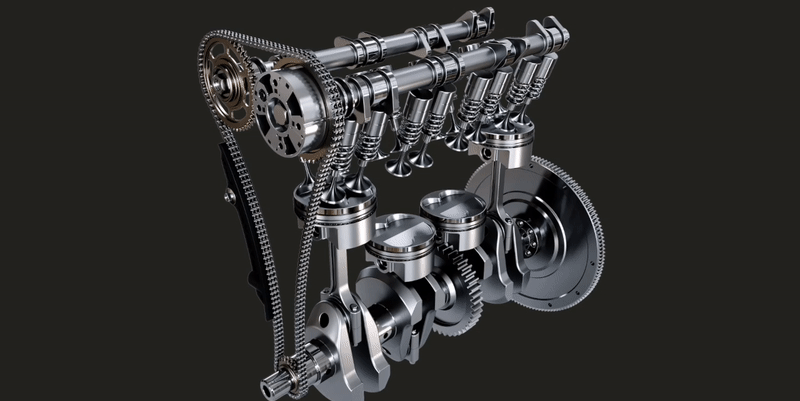Why Organizations Prefer Engines For Africa for Their Fleet
Why Organizations Prefer Engines For Africa for Their Fleet
Blog Article
Discover a Wide Variety of Engines for Every Automobile and Function
The vehicle landscape is increasingly intricate, with a varied range of engine types developed to fulfill specific performance and efficiency requirements throughout numerous car groups. In addition, sturdy engines serve the needs of job lorries, while eco-friendly alternatives are obtaining grip in the pursuit of sustainable transportation.
Sorts Of Automotive Engines
Automotive engines can be categorized into a number of distinct types, each designed to meet particular performance and efficiency demands. The most common classifications consist of interior combustion engines, electrical engines, and hybrid systems.

Electric engines, on the various other hand, operate electrical power kept in batteries, supplying immediate torque and no exhausts. These engines are ending up being increasingly popular as a result of improvements in battery innovation and the expanding emphasis on sustainability.
Hybrid systems incorporate both interior burning and electrical engines, enabling lorries to optimize fuel effectiveness and minimize emissions by flawlessly switching over in between power sources. Each engine type presents its benefits and negative aspects, affecting variables such as lorry style, intended usage, and market need. When picking the appropriate engine for their certain needs., comprehending these distinctions is important for consumers and producers alike.
Efficiency Engines for Sports Cars
Performance engines for cars are specifically engineered to supply boosted power, speed, and dexterity, setting them aside from conventional vehicle engines. These engines often use innovative technologies such as turbocharging, supercharging, and variable valve timing to optimize efficiency and responsiveness.
Commonly, efficiency engines are made with greater compression proportions, which permit greater energy extraction from gas. This results in impressive horse power and torque numbers, allowing rapid velocity and higher leading rates. Moreover, the lightweight products used in these engines, such as aluminum and carbon fiber, add to minimized overall vehicle weight, improving handling and ability to move.
Engine arrangements like V6, V8, and even hybrid systems prevail in performance cars, each offering unique benefits in terms of power delivery and driving characteristics. The adjusting of these engines is additionally vital; lots of producers maximize the engine monitoring systems to supply an exciting driving experience, typically consisting of sport modes that adjust throttle action and equipment changes.
Reliable Engines for Daily Commuters
In the world of daily travelling, efficient engines play an important role in enhancing fuel economy and minimizing discharges while supplying reputable efficiency. As city populaces expand and environmental worries heighten, the need for vehicles outfitted with effective powertrains has risen.
Modern engines designed for day-to-day commuters commonly integrate modern technologies such as turbocharging, straight gas shot, and crossbreed systems. Turbocharging boosts engine effectiveness forcibly even more air right into check over here the combustion chamber, enabling smaller, lighter engines that do not compromise power result. Straight gas shot enhances gas atomization, resulting in much better combustion and enhanced performance.
Hybrid engines, integrating interior combustion with electrical power, further augment gas economy, particularly in stop-and-go website traffic, where typical engines can experience inadequacies. Electric motors help during velocity and can run individually at reduced speeds, lowering overall gas intake.
Moreover, advancements in engine monitoring systems and light-weight materials contribute substantially to efficient engine layout. By focusing on performance, resilience, and ecological sustainability, producers continue to deliver engines that not just meet the needs of daily commuting yet likewise straighten with global efforts to minimize carbon footprints.
Heavy-Duty Engines for Work Autos
Durable engines for work cars are routinely engineered to deliver remarkable torque and reliability under requiring conditions. These engines are made to do in atmospheres where conventional engines might falter, such as building and construction websites, logging procedures, and farming setups. The primary focus of durable engines is their capability to generate high degrees of power while keeping toughness over prolonged periods of procedure.
Typically, heavy-duty engines use sophisticated products and durable construction strategies to hold up against the roughness of hefty work. Features such as enhanced cyndrical tube blocks, enhanced cooling systems, and progressed gas injection technologies add to their efficiency. These engines usually run at lower RPMs, which aids to maximize gas performance while providing the needed power for towing and transporting.
In addition to mechanical toughness, heavy-duty engines are commonly equipped with advanced electronic control devices (ECUs) that manage performance, exhausts, and diagnostics. This combination permits better surveillance and maintenance, guaranteeing that job cars continue to be effective and functional.
Ultimately, sturdy engines are a vital component in the productivity of numerous markets, supplying the essential power and dependability to tackle the hardest of tasks.
Eco-Friendly Engine Options
The growing emphasis on sustainability has brought about the development of eco-friendly engine choices that focus on decreased emissions and click for more improved gas effectiveness. These engines are developed to minimize the ecological effect of lorries while still delivering the efficiency and integrity expected by customers.
Among one of the most significant eco-friendly alternatives are electrical and hybrid engines. Crossbreed engines combine standard internal combustion engines with electric propulsion, permitting decreased fuel intake and lower greenhouse gas discharges. Electric engines, on the other hand, operate completely on battery power, producing zero tailpipe discharges and adding to cleaner air quality.
One more appealing development is the advancement of biofuel engines, which make use of eco-friendly resources, such as plant products, to power vehicles (Engines For Africa). By utilizing biofuels, these engines can minimize dependency on nonrenewable fuel sources and lower total carbon impacts

As the automobile market progresses, eco-friendly engine choices will play a vital role in driving the shift in the direction of more lasting transportation solutions.
Verdict
From high-performance engines that enhance sports auto capacities to effective models focusing on fuel economy for everyday commuters, each kind offers a specific function. Sturdy engines cater to robust work automobiles, while environment-friendly choices, such as electrical and biofuel engines, advertise sustainable transportation.

Report this page